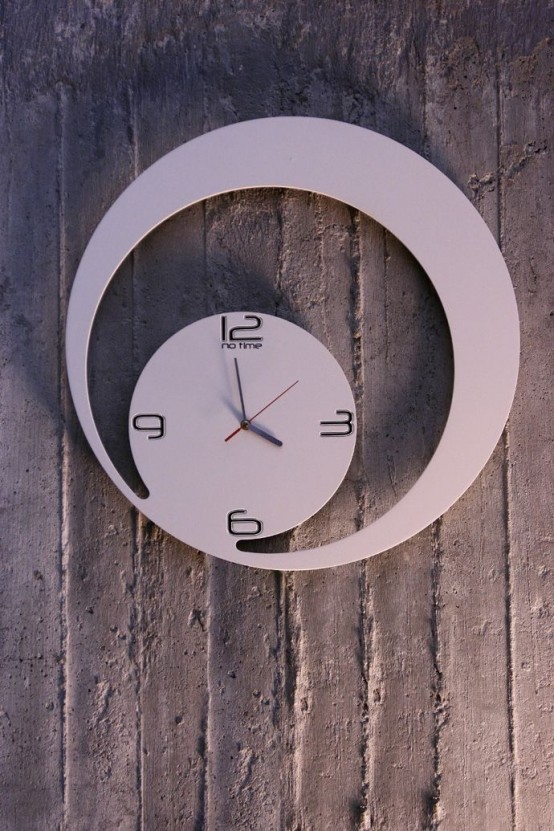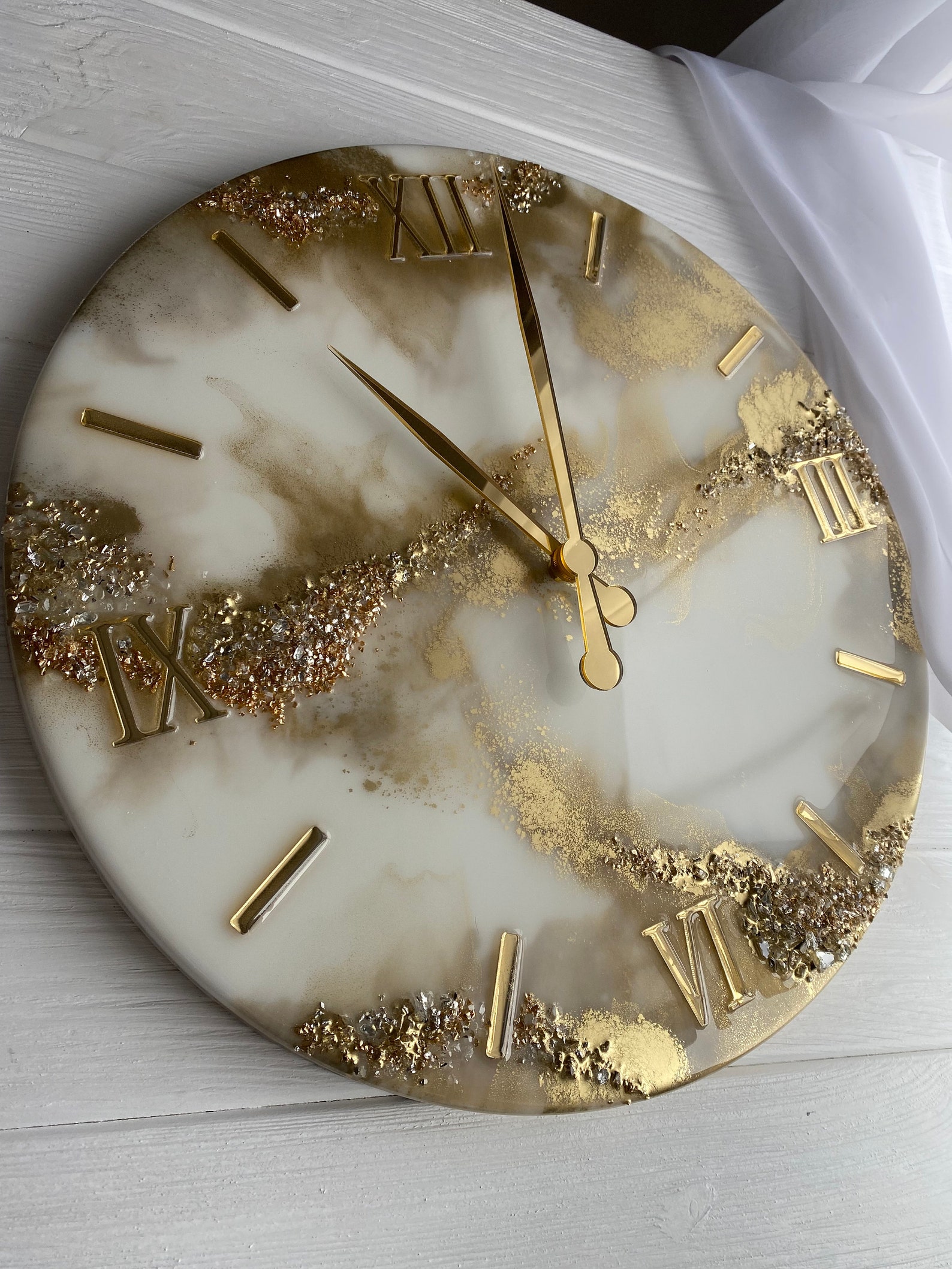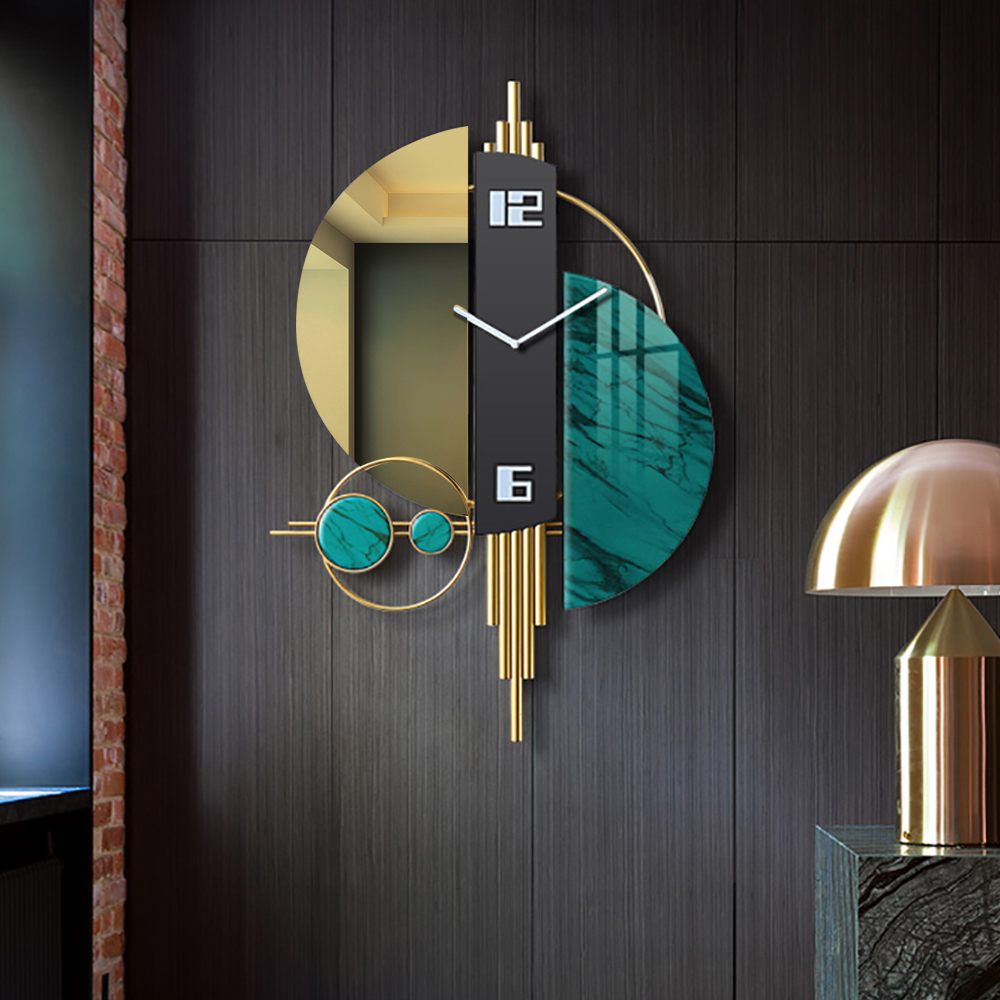Timepieces as Art: The Role of Decorative Clocks in Modern Interiors
Related Articles: Timepieces as Art: The Role of Decorative Clocks in Modern Interiors
Introduction
With enthusiasm, let’s navigate through the intriguing topic related to Timepieces as Art: The Role of Decorative Clocks in Modern Interiors. Let’s weave interesting information and offer fresh perspectives to the readers.
Table of Content
Timepieces as Art: The Role of Decorative Clocks in Modern Interiors

The art of home decor is a multifaceted endeavor, encompassing everything from furniture selection and color palettes to the strategic placement of accessories. Among these elements, decorative clocks hold a unique position. They are not merely functional timekeepers, but rather artistic expressions that can elevate the aesthetic appeal of a space while simultaneously adding a touch of sophistication and personality.
Beyond Timekeeping: The Evolution of Decorative Clocks
The history of clocks is intrinsically linked to the evolution of human civilization. From ancient sundials to intricate mechanical marvels, timekeeping devices have served as both practical tools and symbols of status. As technology advanced, the focus shifted from functionality to aesthetics. Decorative clocks emerged as works of art, incorporating intricate carvings, precious materials, and innovative designs.
In contemporary interiors, decorative clocks continue to serve this dual purpose. They are no longer solely utilitarian objects but rather statement pieces that reflect individual style and enhance the overall ambiance of a room.
The Impact of Decorative Clocks on Home Decor
The inclusion of decorative clocks in home decor offers a myriad of benefits:
- Style Enhancement: Clocks can act as focal points, drawing attention to specific areas within a room. Their unique designs and materials can complement existing color schemes and textures, adding visual interest and depth.
- Ambiance Creation: The presence of a striking clock can instantly elevate the mood of a space. Whether it’s a vintage grandfather clock exuding a sense of history or a minimalist modern design with sleek lines, each clock contributes to the overall atmosphere.
- Personality Expression: Choosing a decorative clock allows homeowners to express their personal style and taste. From eclectic vintage designs to contemporary abstract forms, the options are limitless.
- Conversation Starters: Decorative clocks can serve as conversation starters, sparking discussions about their history, design, or even the art of timekeeping itself.
- Functional Value: While primarily decorative, many clocks still maintain their traditional function, providing a visual reminder of the passage of time.
Types of Decorative Clocks
The world of decorative clocks is vast and diverse, offering a wide array of styles and materials to suit every taste and aesthetic. Some prominent types include:
- Wall Clocks: The most common type, wall clocks come in various shapes, sizes, and designs. From traditional round clocks to contemporary geometric shapes, they offer versatility in terms of style and placement.
- Table Clocks: Ideal for adding a touch of elegance to side tables, desks, or mantles, table clocks come in both traditional and modern designs.
- Mantle Clocks: These larger clocks are often ornate and elaborate, designed to be displayed prominently on a fireplace mantle.
- Grandfather Clocks: Standing tall and imposing, grandfather clocks are a timeless symbol of elegance and tradition.
- Pendulum Clocks: Known for their rhythmic ticking, pendulum clocks add a touch of nostalgia and charm to any room.
- Cuckoo Clocks: These whimsical clocks, originating from Germany, feature a cuckoo bird that emerges from the clock face at regular intervals.
- Alarm Clocks: While primarily functional, alarm clocks can also be decorative, with designs ranging from minimalist to whimsical.
Choosing the Right Decorative Clock
Selecting the perfect decorative clock for your home requires careful consideration of several factors:
- Style: Consider the overall style of your home and choose a clock that complements the existing decor.
- Size: Choose a clock that is proportionate to the space where it will be placed.
- Materials: Opt for materials that are durable, easy to clean, and aesthetically pleasing.
- Functionality: Decide if you need a clock that only tells time or if you require additional features like an alarm or a timer.
- Placement: Consider the location of the clock and choose a design that suits the space.
Integrating Decorative Clocks into Your Home Decor
Once you have chosen a decorative clock, consider the following tips for seamlessly integrating it into your existing decor:
- Color Coordination: Choose a clock with colors that complement the existing color scheme of the room.
- Texture Contrast: Introduce a contrasting texture through the clock’s material, such as a wooden clock against a painted wall or a metal clock against a fabric sofa.
- Focal Point Creation: Place the clock in a prominent position to draw attention and create a visual focal point.
- Theme Development: Choose a clock that complements a specific theme or style you are trying to achieve in the room.
- Personal Touches: Consider adding personal touches to the clock, such as a framed photo or a small plant placed beside it.
FAQs about Decorative Clocks
Q: How do I choose the right size and style of decorative clock for my home?
A: The size and style of the clock should complement the overall dimensions and aesthetic of the room. Consider the scale of the furniture and other decorative elements, and choose a clock that is proportionate to the space. For smaller spaces, a minimalist design or a smaller clock is suitable, while larger spaces can accommodate more elaborate designs.
Q: Where should I place a decorative clock in my home?
A: The placement of a decorative clock depends on its size and style. Wall clocks can be placed above a fireplace, on a blank wall, or in a hallway. Table clocks are ideal for side tables, desks, or mantles. Larger clocks, like grandfather clocks, can be placed in a prominent location in a living room or dining room.
Q: What are some popular materials for decorative clocks?
A: Decorative clocks are made from a variety of materials, including wood, metal, glass, ceramic, and plastic. Wood clocks offer a classic and timeless appeal, while metal clocks provide a more contemporary look. Glass clocks are elegant and sophisticated, while ceramic clocks offer a whimsical and artistic touch.
Q: Can decorative clocks be used in all styles of home decor?
A: Yes, decorative clocks can be incorporated into any style of home decor. From traditional to modern, minimalist to eclectic, there is a clock design to suit every taste. Choose a clock that complements the overall aesthetic of the room and reflects your personal style.
Conclusion
In the realm of home decor, decorative clocks are more than just functional timekeepers. They are artistic expressions that add character, sophistication, and personality to any space. By thoughtfully selecting a clock that complements the existing decor and reflects personal style, homeowners can elevate the aesthetic appeal of their home and create a unique and inviting ambiance. From vintage classics to contemporary designs, decorative clocks offer a timeless and versatile way to enhance the beauty and functionality of any living space.








Closure
Thus, we hope this article has provided valuable insights into Timepieces as Art: The Role of Decorative Clocks in Modern Interiors. We hope you find this article informative and beneficial. See you in our next article!